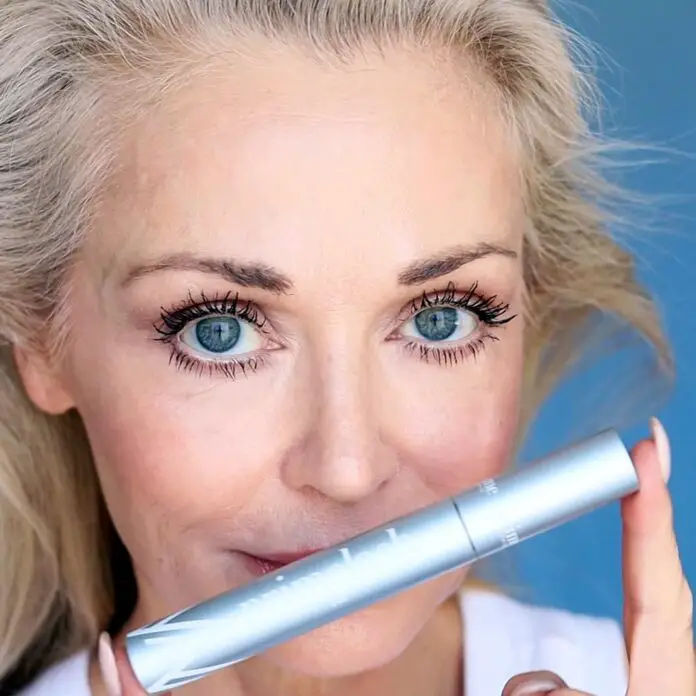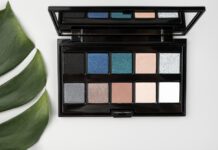Trive Mascara
Trive Mascara has gained considerable attention in the beauty industry, particularly among those seeking an effective solution for enhancing their eyelashes. This product is designed to add volume and length while maintaining a feather-light feel. However, individuals with sensitive eyes or specific conditions, such as blepharitis, may have concerns about using such cosmetic products.
This article aims to provide a thorough understanding of Trive Mascara and its compatibility with blepharitis.
What is Blepharitis?
Blepharitis is a common eye condition characterized by inflammation of the eyelids, often leading to discomfort, redness, and irritation. Individuals suffering from blepharitis may experience symptoms such as burning, itching, and crusted eyelids. The condition can be caused by various factors, including bacteria, oil gland issues, or allergies. It is crucial for those with blepharitis to exercise caution when selecting cosmetics, especially eye makeup like mascara.
No products found.
Can Trive Mascara Cause Irritation for Blepharitis Sufferers?
When it comes to the safety of using Trive Mascara for individuals with blepharitis, it is essential to consider the formulation of the product. Trive Mascara is often enriched with nourishing ingredients aimed at promoting healthier lash growth. While the mascara is designed to be gentle, those with blepharitis should take certain precautions before application. It is advisable to perform a patch test on a small area of skin to check for any adverse reactions.
No products found.
Moreover, it is imperative to maintain a clean makeup routine. Applying mascara to already irritated eyelids can exacerbate discomfort. Therefore, ensuring that the eyelids are clean and the mascara applicator is free of bacteria is essential. It is also recommended to use a gentle makeup remover to avoid additional irritation during the cleansing process.
In summary, while Trive Mascara may not directly cause irritation in individuals with blepharitis, it is wise to be cautious. Consulting an eye care professional before using makeup can provide personalized recommendations for safe application. Additionally, choosing hypoallergenic and ophthalmologist-tested products can significantly reduce the risks associated with mascara use for sensitive eyes.
Conclusion
Trive Mascara is a popular choice for those seeking lash enhancement, but its use among individuals with blepharitis should be approached with care. By understanding the nature of blepharitis and taking preventive measures, users can enjoy the benefits of mascara without compromising their eye health. Always prioritize gentle formulas, maintain cleanliness, and seek advice from eye care specialists when necessary. With the right approach, it is indeed possible to enjoy your beauty routine while managing blepharitis effectively.







